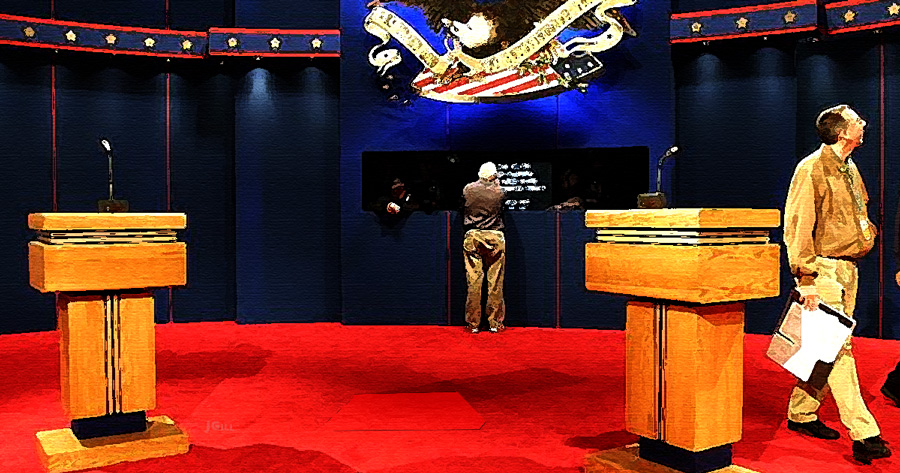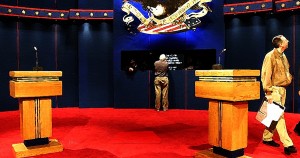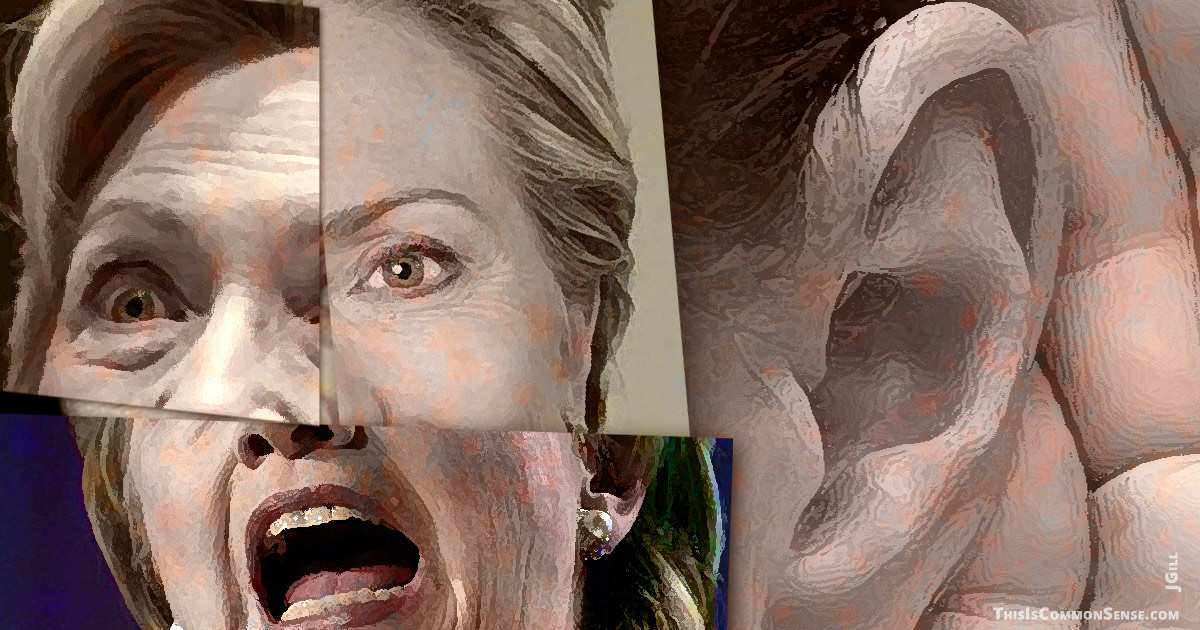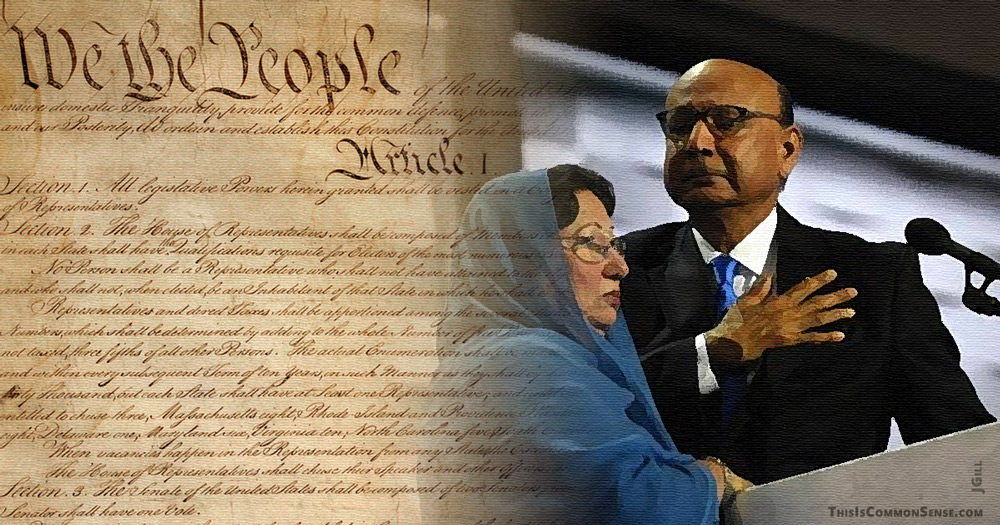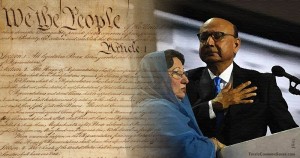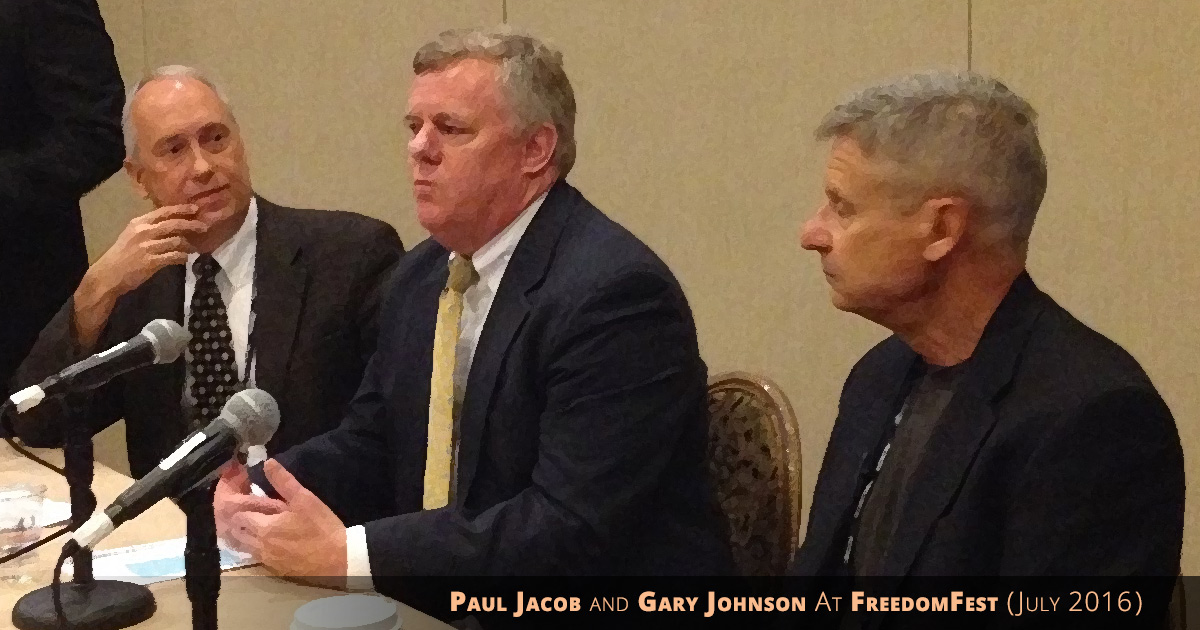Have you noticed that CNN has been offering multiple “town hall” presentations of the Libertarian and Green Party presidential candidates?
I think this is not only great for the Libertarians and the Greens, but also good for the country — and I hope it proves good for CNN.
When the Cable News Network started, it was the only player in its league. Then Fox News pulled away its right-leaning viewers. MSNBC followed, offering a safe space for the far left. And there remains the center-left of the rest of major media.
So CNN has to distinguish itself. Why not appeal to those left … out of the political process?
By opening up to libertarians and radical environmentalists, CNN may bring in more viewers. And temper its well-known bias.
With the libertarians, though, CNN may really be just appealing to the new center.
Which is now libertarian … -ish.
Surely, with Trump harrumphing from the apparent “right” and Hillary Clinton dominating the neo-con left — and Dr. Jill Stein trying to soak up the far left — moderates need a voice.
And with moderate libertarian Gov. Gary Johnson and libertarian-leaning centrist Gov. Bill Weld, there does exist a reprieve from the scary extremes. Surprised? Well, that is precisely the case Johnson and Weld make. They pitch themselves, as Walter Olson perceptively argues in Reason, as “the ‘sane’ choice, the ‘responsible’ and ‘adult’ ticket … campaigning not on fear and anger but on a positive message of problem-solving.”
More of that, please.
This is Common Sense. I’m Paul Jacob.


